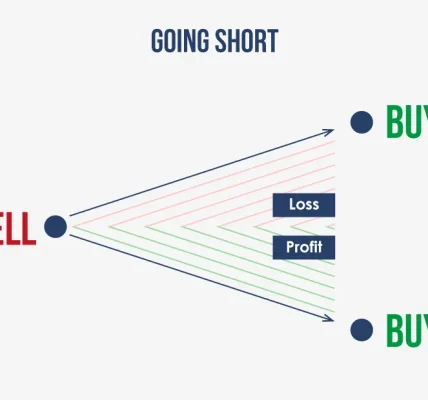Navigating the complexities of wealth management requires a strategic approach, and understanding how different financial instruments protect your assets is paramount. One such powerful tool, often overlooked, is the trust. Trusts, in their various forms, offer a robust mechanism for safeguarding your personal wealth, ensuring its preservation and distribution according to your specific wishes. This is particularly relevant in today’s uncertain economic climate, where protecting your financial future is more critical than ever. This article delves into the intricacies of how trusts function as a shield, protecting your assets from potential threats and ensuring a secure legacy for generations to come.
Understanding the Basics of Trusts
A trust is a legal arrangement where one party, the grantor or settlor, transfers assets to another party, the trustee, who manages those assets for the benefit of a third party, the beneficiary. This separation of ownership allows for a degree of control and protection not afforded by direct ownership. The terms of the trust are outlined in a trust document, which dictates how the assets are to be managed, invested, and distributed. This document is legally binding and ensures that the grantor’s wishes are carried out precisely as intended. Understanding this foundational structure is key to appreciating the power and flexibility of trusts.
Key Players in a Trust
- Grantor (Settlor): The individual who creates the trust and transfers assets into it.
- Trustee: The individual or entity responsible for managing the assets according to the trust document.
- Beneficiary: The individual or entity who benefits from the trust assets.
The Protective Power of Trusts: Shielding Your Assets
The true strength of a trust lies in its ability to protect assets from various potential threats. These protections can be multifaceted and tailored to the specific needs of the grantor and the beneficiaries. Below are some key areas where trusts provide valuable safeguarding.
- Creditor Protection: Assets held within an irrevocable trust are generally shielded from the grantor’s creditors. This protection is crucial for individuals in high-risk professions or those facing potential lawsuits.
- Estate Taxes: Trusts can be structured to minimize or eliminate estate taxes, allowing more of your wealth to pass on to your heirs.
- Divorce Protection: Assets held in trust for a beneficiary can be protected from division in the event of a divorce, ensuring that the intended beneficiaries receive their inheritance.
- Probate Avoidance: Trusts bypass the probate process, saving time, money, and potential public scrutiny. This allows for a smoother and more efficient transfer of assets to beneficiaries.
Different Types of Trusts for Different Needs
There’s no one-size-fits-all trust. The best type of trust for you will depend on your specific circumstances and goals. Some common types include:
- Revocable Living Trust: Allows the grantor to retain control over the assets during their lifetime and can be changed or terminated.
- Irrevocable Trust: Once established, cannot be easily changed or terminated, providing stronger asset protection.
- Special Needs Trust: Designed to provide for individuals with disabilities without jeopardizing their eligibility for government benefits.
- Charitable Trust: Used to donate assets to charity while potentially providing tax benefits to the grantor.
Choosing the Right Trust and Trustee
Selecting the appropriate trust structure and a trustworthy trustee is paramount to the success of your wealth preservation strategy. The trustee has a fiduciary duty to act in the best interests of the beneficiaries, so choosing someone with integrity, experience, and a thorough understanding of financial management is essential; Consider the complexity of your assets and the long-term goals for your wealth when making these crucial decisions. It is also important to consult with an experienced estate planning attorney to ensure that your trust document is properly drafted and tailored to your specific needs.
Ultimately, understanding how trusts safeguard your personal wealth empowers you to make informed decisions about your financial future. A well-structured trust can provide peace of mind, knowing that your assets are protected and will be distributed according to your wishes for generations to come.

